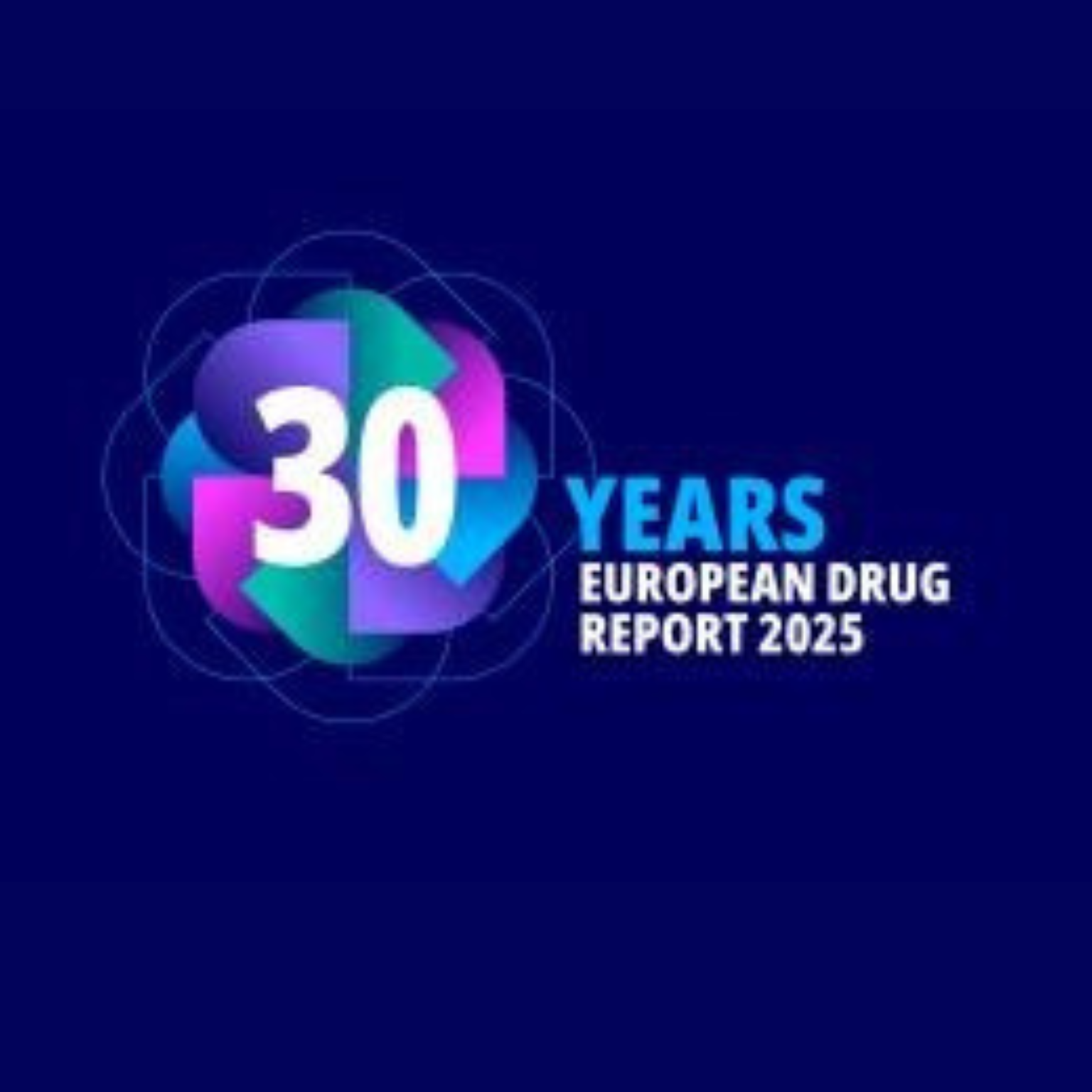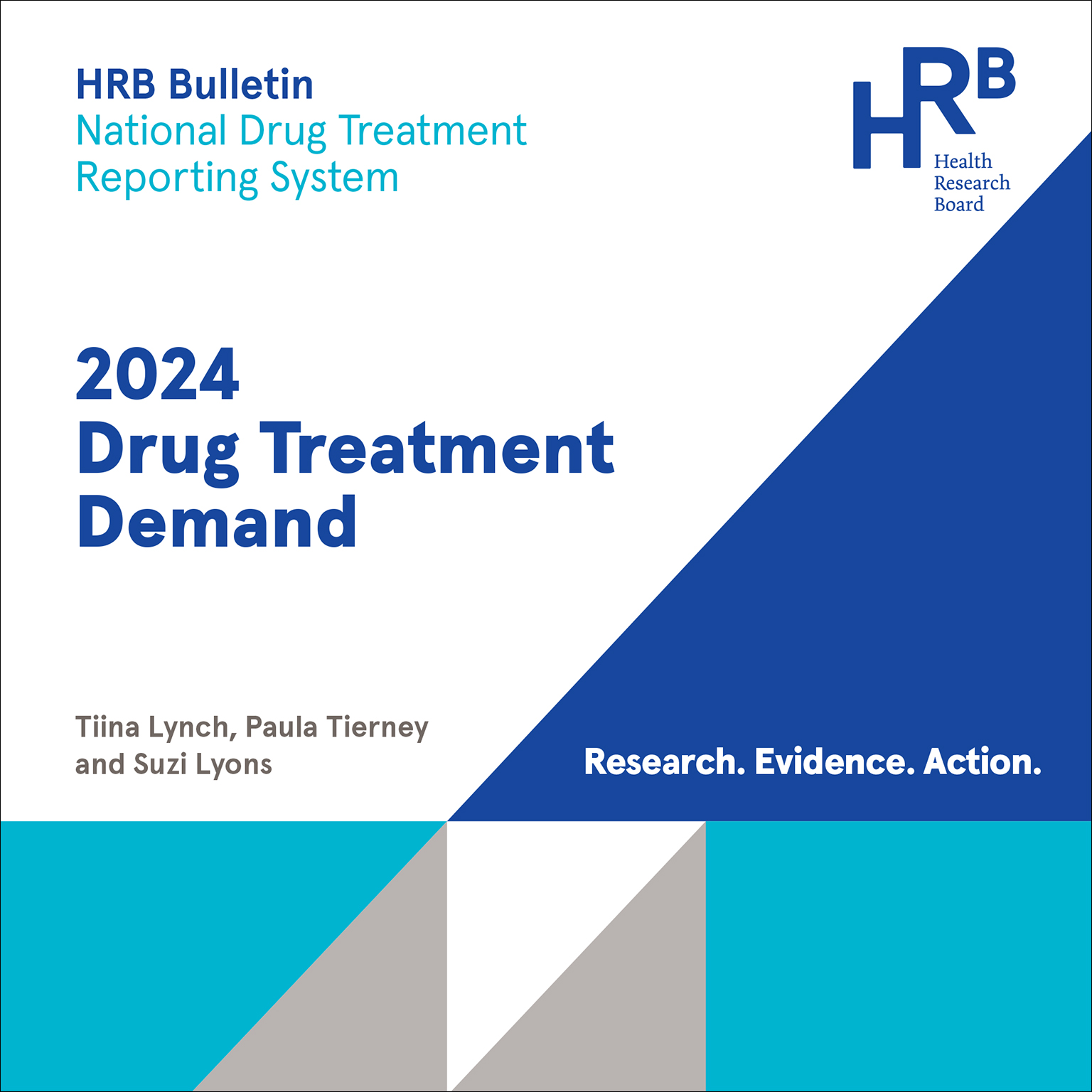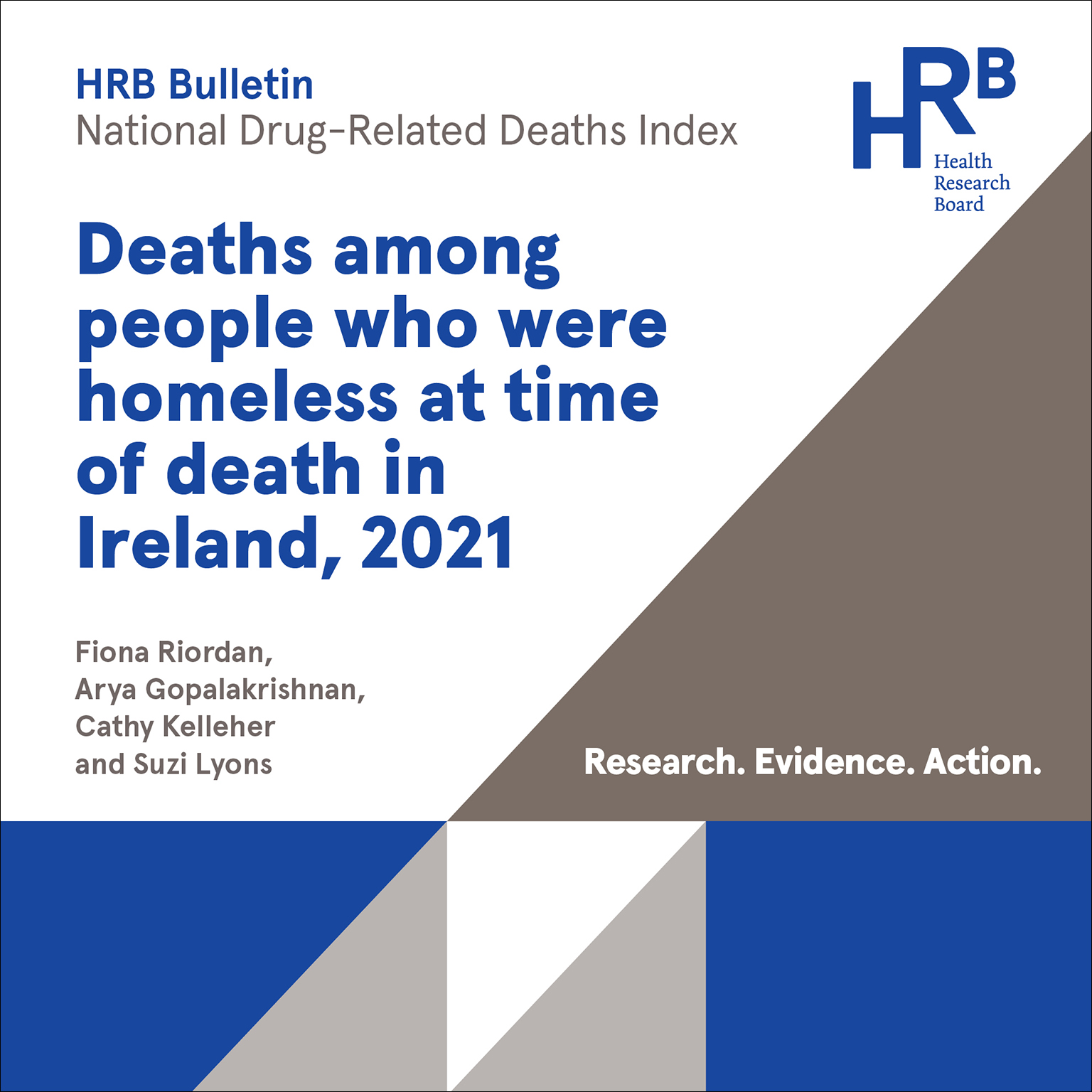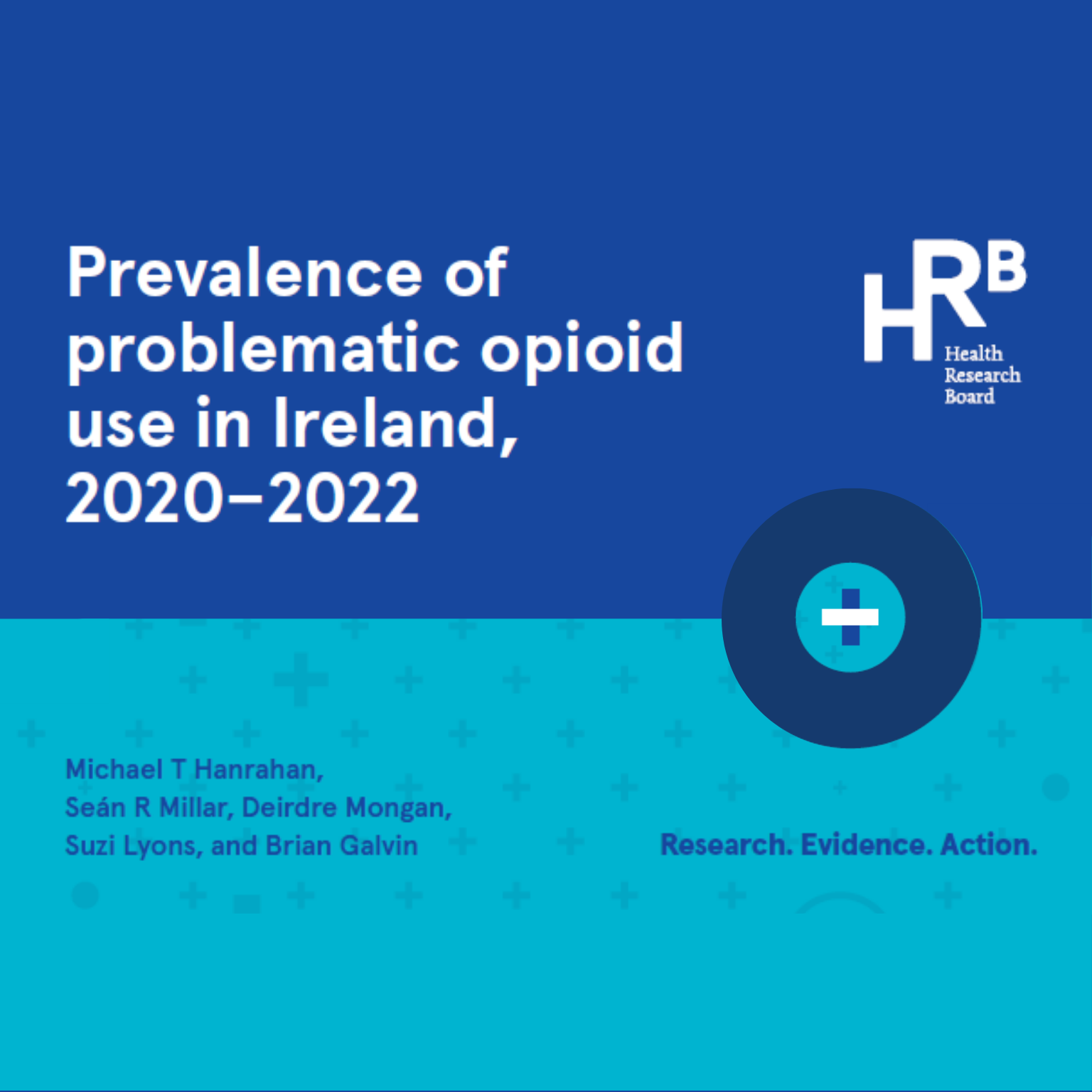Disability services – HRB reports latest figures on current use and future demand
Findings highlight a growing need for adult residential and respite services.
5 min read - 12 Jul 2023
A new Health Research Board (HRB) report on disability services shows that 73,927 people were registered as engaging with disability services in 2022. A total of 45,068 were children and 28,859 were adults. The report provides a picture of the services people receive*, as well as the services they will need in the next five years.
Almost all children registered were engaging with a multidisciplinary** Children’s Disability Network Team (CDNT). More than 6 in 10 adults were in receipt of a day service, and 1 in 4 adults were living in residential care.
Over 1,700 adults, who are currently living at home with ageing carers, were identified as needing residential care now, or within the next 5 years.
Overnight respite is required by over 1,300 children and adults. This is a key service which provides a positive experience for the person with a disability and supports families and caregivers.
Commenting on the findings, HRB Chief Executive Dr Mairéad O’Driscoll said: “We collect this data so that we can improve the lives of people living with a disability and enable them to live more independently. Through this report we create a better understanding of the service provision and demand among people living with a disability, which can be used to plan future allocation of resources and services.”
Dr Claire Casey, Research Officer at the HRB, said: “If we compare our child and adult data, we see very different profiles. Among children engaging with disability services, 7 in 10 are male and autism is the main primary disability type; while among adults, just over 5 in 10 are male and intellectual disability is the main primary disability type. Understanding how needs change over time is essential and by collecting this data annually, the HRB can monitor the impact of a change in services or policy response on people’s lives.”
Key findings
More than 7,000 people access residential care; over 18,000 adults are accessing a day service; over 3,000 people are in receipt of overnight respite; 43,000 children have been assessed as requiring the support of a multidisciplinary team.
Socio-demographic profile
Children
The majority of children (7 in 10) were male with an average age of 9 years. Autism was the most common disability recorded (nearly 4 in 10), followed by intellectual disability (2 in 10), and physical disability (less than 1 in 10).
Adults
Over half of adults are male and intellectual disability is the most common disability recorded (6 in 10), followed by neurological disability (nearly 2 in 10), and physical disability (nearly 1 in 10). More than 13,000 reported having a primary carer and 9 in 10 live with their primary carer, of whom 7 in 10 are their parents.
Current service provision
- 7,486 people live in residential care.
- 3,196 people accessed 84,785 nights of respite.
- 3,516 people received home support.
- 18,183 adults accessed day services.
- 16,675 adults received at least one specialist support.
- 43,759 children were engaging with a multidisciplinary team (CDNT).
Future need 2022-2027
- 1,743 people require a residential service.
- 1,349 people require overnight respite.
- 471 people require home support places.
- 395 adults require a day service.
- 2,646 adults require at least one specialist support.
View supplementary bulletins and tables.
* The report does not capture data on waiting lists.
** A children’s disability network team (CDNT) provides specialised support and services for children who have a disability and complex health needs associated with their disability. A CDNT includes health and social care professionals. Each team member specialises in different areas of child development.
All CDNTs have:
• occupational therapists
• psychologists
• physiotherapists
• social workers
• speech and language therapists
Teams also have access to:
• dietitians
• family support workers
• nurses
• social care workers
https://www2.hse.ie/services/disability/childrens-services/services/overview/
ENDS
For further information please contact Aileen Gaskin aileen@communicationsclinic.ie / 087 7724 717 or Robyn Keleghan / robyn@communicationsclinic.ie / 085 8001 275.
NOTE TO EDITORS
The Health Research Board (HRB) is Ireland’s lead funding agency supporting innovative health research and delivering data and evidence that improves people’s health and patient care. We are committed to putting people first, and ensuring data and evidence are used in policy and practice to overcome health challenges, advance health systems, and benefit society and economy.
The National Ability Supports System (NASS) is a national database which records information about the HSE disability-funded services that people use and need such as, residential services, respite care, day services and specialist supports, for example occupational therapy or physiotherapy. The purpose of NASS is to gather information from service providers in order to aid the planning, development, and organisation of HSE disability-funded services. A person is eligible to be registered on NASS if they receive or require (either currently or within the next 5 years) a HSE disability-funded service as identified by their service provider.
Data is provided to NASS by service providers who provide disability services to people in Ireland. Service providers are asked to ‘review’ NASS records for each of their service users once a year to ensure information is accurate for each reporting year.
Increased coverage of the data provided to NASS is as a result of ongoing engagement with the HSE and service providers.
5 min read - 12 Jul 2023



